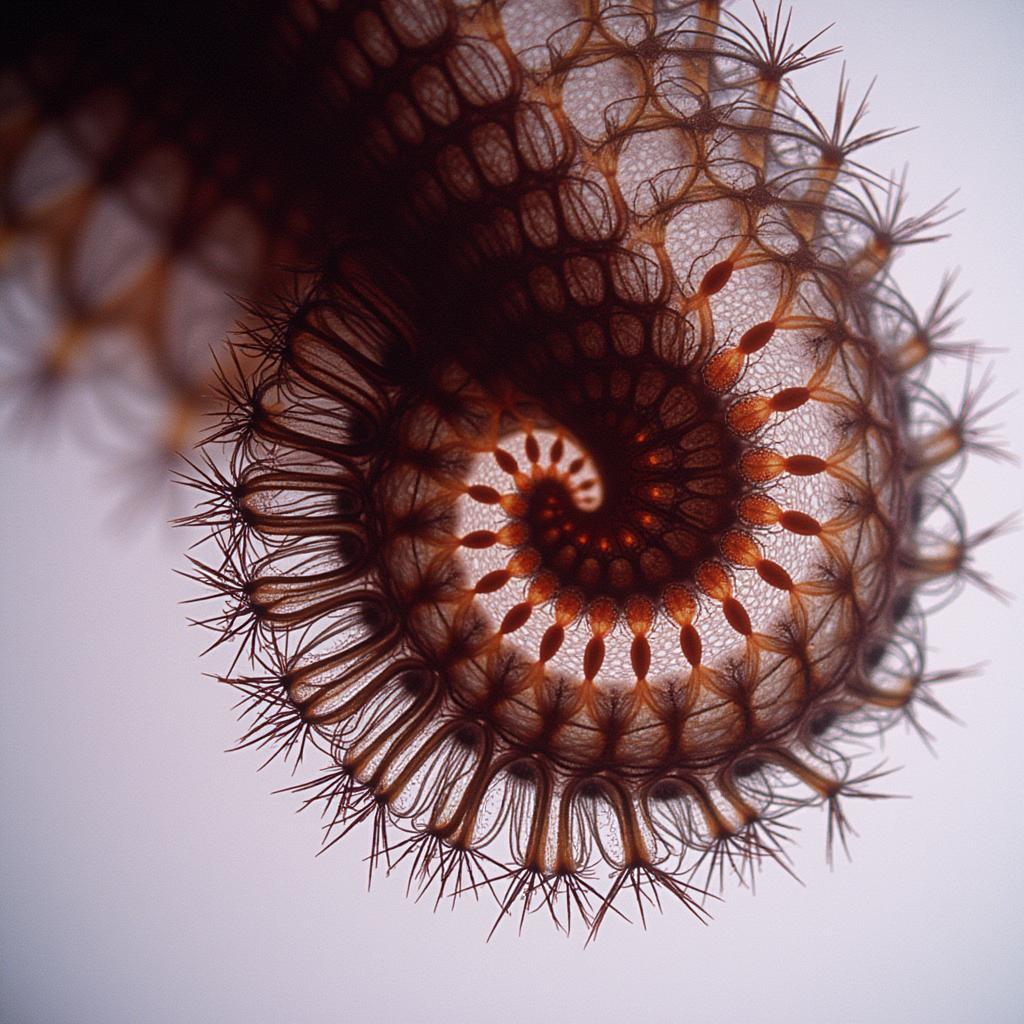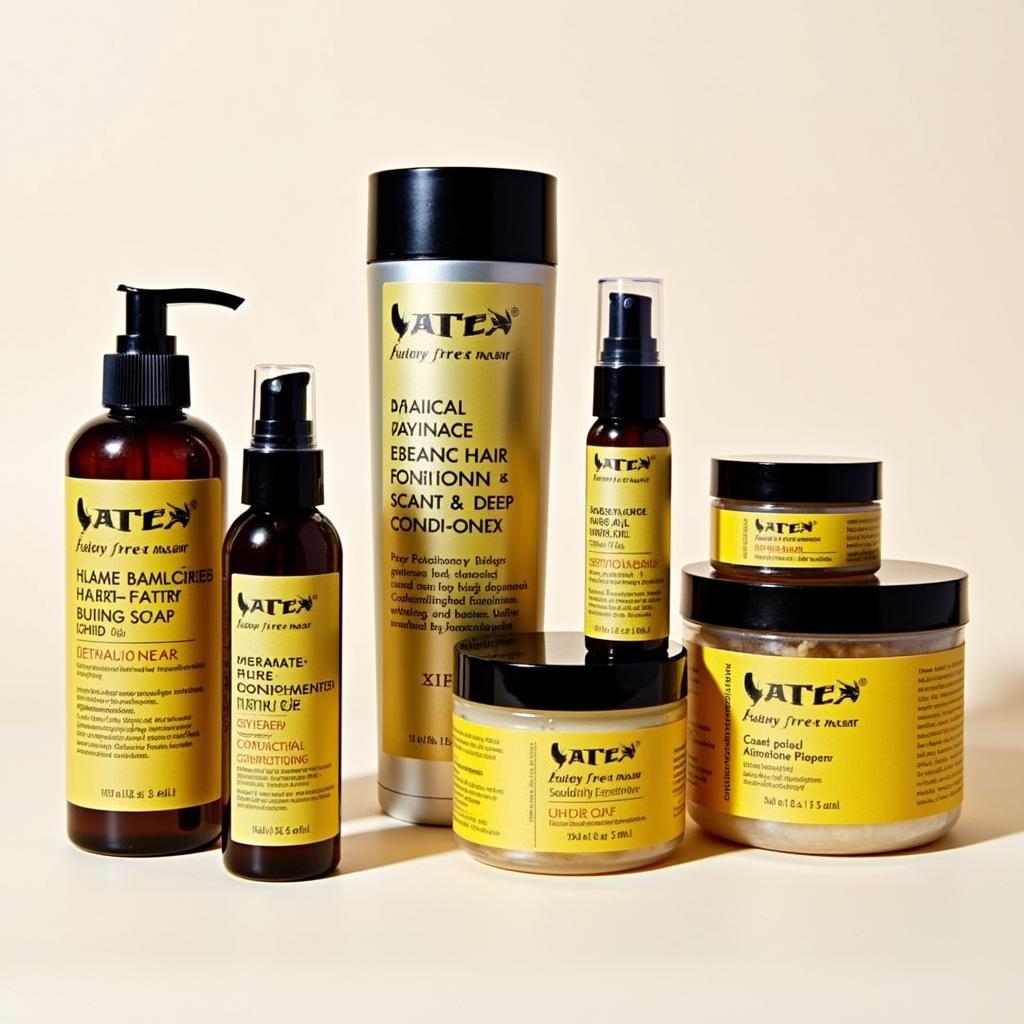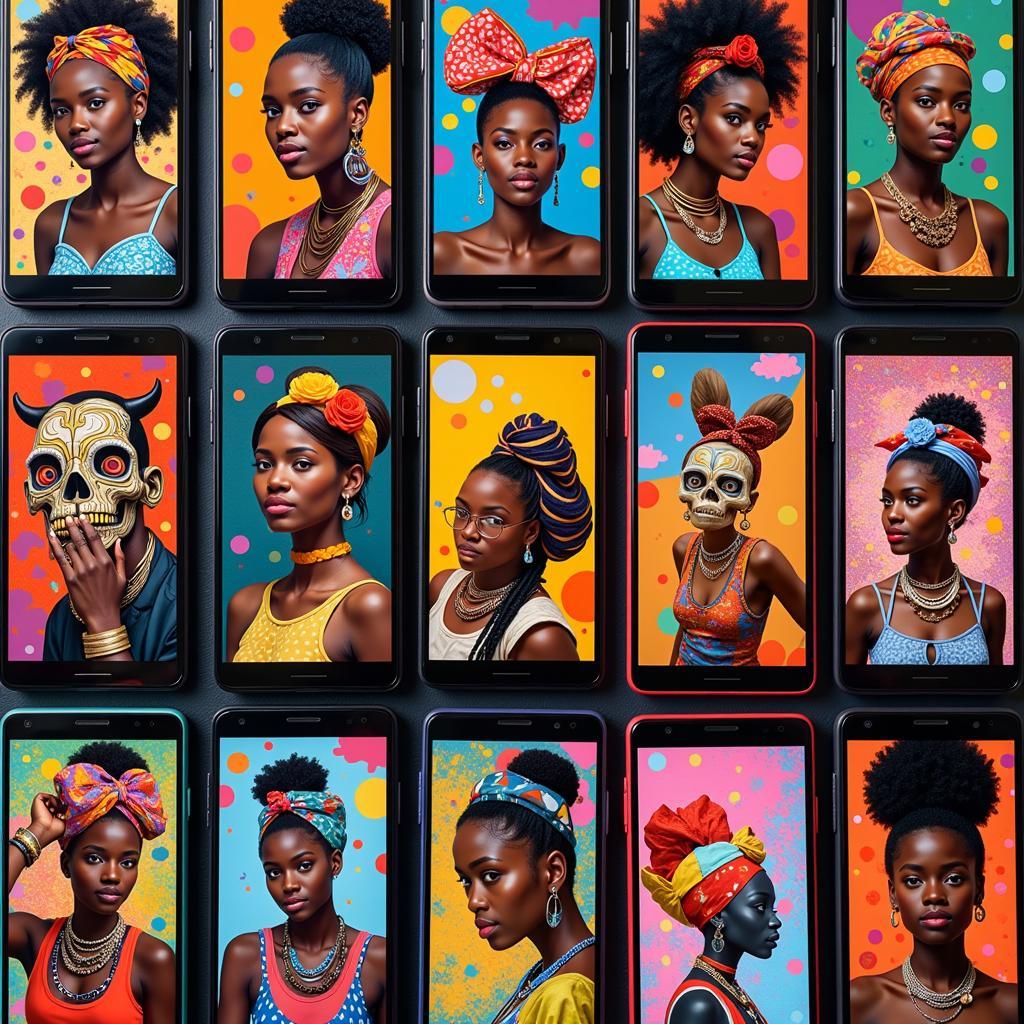African American Hair Growth Treatments: A Journey Back to Your Roots
For generations, African American hair care has been deeply rooted in tradition, community, and a celebration of natural beauty. Today, the journey to healthy, thriving hair often involves a blend of time-tested techniques and modern innovations in hair growth treatments.
Many factors contribute to hair health, from genetics and styling practices to overall well-being. This exploration delves into the intricacies of African American hair growth, examining common challenges and uncovering effective treatments and practices that promote length retention and vibrant hair.
Understanding the Unique Nature of African American Hair
African American hair, characterized by its tightly coiled curls and rich texture, possesses unique properties that require specific care and attention. Due to the shape of the hair follicles, sebum, the natural oil produced by the scalp, has a harder time traveling down the hair shaft, leading to dryness and breakage. This natural dryness necessitates gentle handling and moisturizing treatments to combat fragility.
 African American Hair Structure
African American Hair Structure
Common Challenges to Hair Growth
Several factors can impede hair growth for individuals with African American hair. Understanding these challenges is the first step toward addressing them effectively:
- Scalp Conditions: Conditions like seborrheic dermatitis or scalp psoriasis can disrupt the hair growth cycle and lead to hair loss.
- Breakage: Dryness, chemical treatments, and harsh styling practices can cause hair breakage, making it difficult to retain length.
- Traction Alopecia: Prolonged tension from tight hairstyles can lead to traction alopecia, a form of hair loss.
- Nutritional Deficiencies: Inadequate intake of essential vitamins and minerals can impact hair growth and overall hair health.
Effective Hair Growth Treatments and Practices
A holistic approach to hair care is essential for promoting healthy hair growth. Here are some proven methods to consider:
1. Gentle Cleansing and Conditioning:
- Sulfate-free Shampoos: Opt for sulfate-free shampoos that cleanse the scalp without stripping away essential moisture.
- Deep Conditioners: Incorporate weekly deep conditioning treatments with ingredients like shea butter, coconut oil, or aloe vera to nourish and strengthen the hair.
- Pre-poo Treatments: Applying oils like coconut oil or olive oil to the hair before shampooing can help prevent dryness and breakage.
2. Styling with Care:
- Protective Styles: Embrace protective styles like braids, twists, or locs that minimize manipulation and reduce breakage. However, it’s important to avoid styles that pull tightly on the hairline.
- Low Manipulation: Limit heat styling and excessive combing or brushing, which can cause friction and breakage.
- Satin or Silk Protection: Sleeping on a satin or silk pillowcase or using a satin scarf at night can reduce friction and prevent breakage.
3. Nutritional Support:
- Balanced Diet: Consume a balanced diet rich in fruits, vegetables, lean proteins, and healthy fats to provide essential nutrients for hair growth.
- Supplements: Consider supplements like biotin, vitamin D, and zinc after consulting with a healthcare professional.
 Hair Growth Products for African American Hair
Hair Growth Products for African American Hair
4. Scalp Health:
- Regular Scalp Massages: Stimulate blood flow to the scalp with regular massages using nourishing oils like jojoba oil or castor oil.
- Exfoliation: Gently exfoliate the scalp to remove product buildup and dead skin cells, which can hinder hair growth.
- Addressing Scalp Conditions: Consult a dermatologist for persistent scalp conditions to receive appropriate treatment.
Traditional Remedies and Their Modern-Day Relevance
For centuries, African cultures have relied on natural ingredients to promote hair growth and maintain scalp health. Many of these traditional remedies have stood the test of time and continue to be incorporated into modern hair care routines:
- Chebe Powder: Originating from Chad, chebe powder is made from a blend of herbs and spices that are believed to strengthen hair and promote growth.
- Shea Butter: A staple in many African cultures, shea butter is deeply moisturizing and helps to seal in moisture, preventing breakage.
- Black Castor Oil: This thick oil, derived from the castor bean, is known for its ability to promote hair growth and improve scalp health.
Seeking Professional Guidance
If you’re facing persistent hair loss or scalp concerns, it’s crucial to seek guidance from a dermatologist or trichologist. They can help diagnose underlying conditions and recommend personalized treatment options, including:
- Topical Medications: Prescription-strength minoxidil can help stimulate hair growth.
- Platelet-Rich Plasma (PRP) Therapy: This innovative treatment involves injecting concentrated platelets from your own blood into the scalp to promote hair growth.
Embracing Your Natural Crown
The journey to healthy hair growth is unique for every individual. It’s about understanding your hair type, embracing its natural texture, and implementing practices that support its overall health. By incorporating the right treatments, being patient, and celebrating your natural beauty, you can achieve the vibrant, thriving hair you desire.
Frequently Asked Questions
1. How fast does African American hair grow?
Like all hair types, African American hair grows at an average rate of half an inch per month. However, factors like genetics, hair care practices, and overall health can influence individual growth rates.
2. Are there any specific vitamins for African American hair growth?
While a balanced diet is crucial, vitamins like biotin, vitamin D, and zinc are often associated with healthy hair growth.
3. Can protective styles damage African American hair?
Protective styles, when done correctly, can be beneficial. However, it’s crucial to avoid styles that pull tightly on the hairline, as this can lead to traction alopecia.
4. How can I prevent breakage in African American hair?
Preventing breakage involves gentle handling, regular moisturizing, minimizing heat styling, and using protective styles.
5. When should I see a professional about hair loss?
If you experience sudden or excessive hair loss, or if you have concerns about your scalp health, it’s recommended to consult a dermatologist or trichologist.
Looking for African American hair salons in Atlanta? We’ve got you covered!
Remember, healthy hair growth is a journey, not a race. Embrace the process, celebrate your unique beauty, and enjoy the rewards of a well-nourished, thriving crown.
Need help finding an African American hair loss specialist near me? We can help!
And don’t forget to check out our guide on African American hair growth rate for more information.
Want to support your hair care journey with the right products? Explore our curated selection of African hair care products.
If you’re in the Southfield, MI area, you can also find a comprehensive list of African American hair salons in Southfield MI on our website.
For further assistance on your hair care journey, feel free to reach out to our dedicated customer support team at +255768904061, email us at [email protected], or visit us at Mbarali DC Mawindi, Kangaga, Tanzania. We are available 24/7 to address your inquiries and provide personalized guidance.

